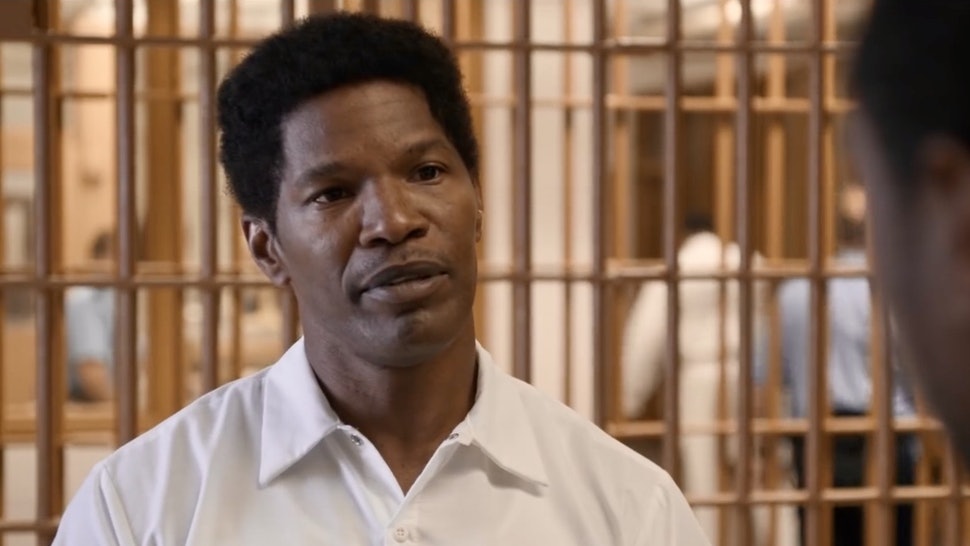When the Academy of Motion Picture Arts & Sciences recently announced its nominations for the 2020 Oscars Presentation there were, once again, hardly any Black people nominated for awards. Actually, only one Black actor was nominated for an award — Cynthia Erivo, for the film “Harriet.”
The thing that strikes me about Erivo’s nomination is that the role for which she is nominated is for abolitionist, freedom fighter, and formerly enslaved person Harriet Tubman. Apparently, the Academy likes Black folks in slave roles. They liked “12 Years a Slave” enough to award it “Best Picture” and Lupita Nyong’o “Best Supporting Actress” and writer John Ridley won for his writing in a screenplay for the film. Actor Chiwetel Ejiofor was nominated but did not win for “Best Actor.”
One of Denzel Washington’s Oscars was for his role as a formerly enslaved soldier in the Union Army in the film, “Glory.” The first Black winner, Hattie McDaniel won “Best Supporting Actress” for her role in “Gone with the Wind.” If not a slave we seem to catch the Academy’s attention as servants. Octavia Spencer won a “Best Supporting Actress” award for her role as Minnie Jackson in “The Help.”
I am not suggesting that these artists are not worthy of winning their awards. However, I do wonder why Black actors who take on more complex versions of humanity are regularly overlooked in the Oscar balloting. This year, “Just Mercy” the film about Bryan Stevenson’s Equal Justice Initiative’s battle to exonerate Alabama death row inmate, Walter McMillan was completely overlooked. In addition to telling a compelling story, Jamie Foxx’s portrayal of McMillian was riveting! Without the use of high-speed car chases, sex, gratuitous violence, or CGI (Computer Generated Images) the dramatic film takes you on an emotional rollercoaster and tugs at your heart and sense of injustice throughout.

(Warner Bros. Pictures/YouTube)
Walter McMillian is not offered as a perfect man but he is depicted as a real man—fully human with faults, fears, concerns, and emotions. He is a husband and father. He is loved by his community. He is also a realist. He knows the system is inherently unfair and his chances of release from death row are slim. Even with a Harvard educated lawyer (played by Michael B. Jordan) who is passionate and willing to take his case pro bono, he is not hopeful.
“Just Mercy” is a story White America really does not want to hear. When you are deeply invested in a system you don’t want to think of it as wholly corrupt. The average White American believes that those in jail or prison belong there. It does not understand that the current (in)justice system operates as a way to profit off of inmates. States generate goods and services by putting inmates to work to manufacture goods, clear fields, and clean highways. They also use the prison system as a vehicle for employing Whites with low skills and limited education. It is no secret why most newly built prisons are in rural areas despite most of the inmates being from urban areas.
When you watch “Just Mercy” you have to ask yourself one of two questions — “Am I that ignorant about what’s going on in the society?” or “Am I that indifferent to institutional racism and systemic injustice?”
Walter McMillian is not someone we can push into the recesses of history with a “That was a long time ago” excuse. He makes you realize just how vulnerable certain portions of our citizenry are. The film makes you realize that the notion of “White privilege” is not merely about who has money and status. It is about who pays an inordinate price in a police state.
Foxx’s acting in this film is superb. It is nuanced and poignant. You want to root for him at the same moment you understand his hopelessness. His performance has you crying one moment and laughing the next… just like with any real human being. Unfortunately, Hollywood does not want to imbue Black folks with humanity. They like us better when we’re slaves!


































